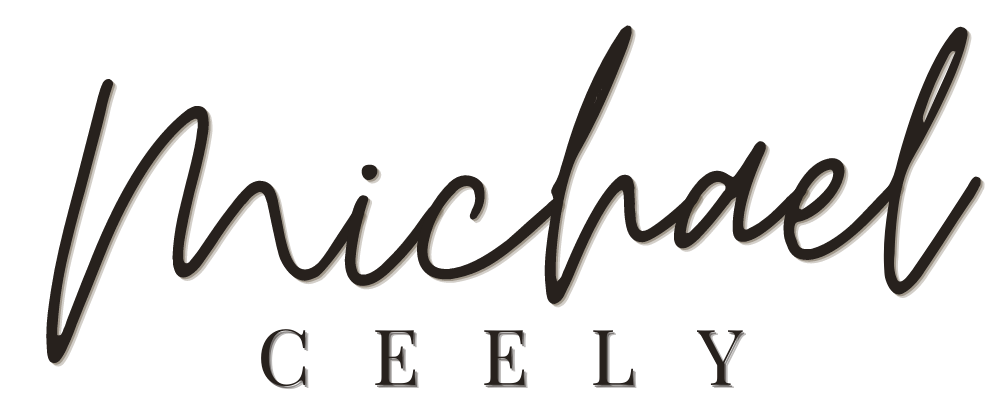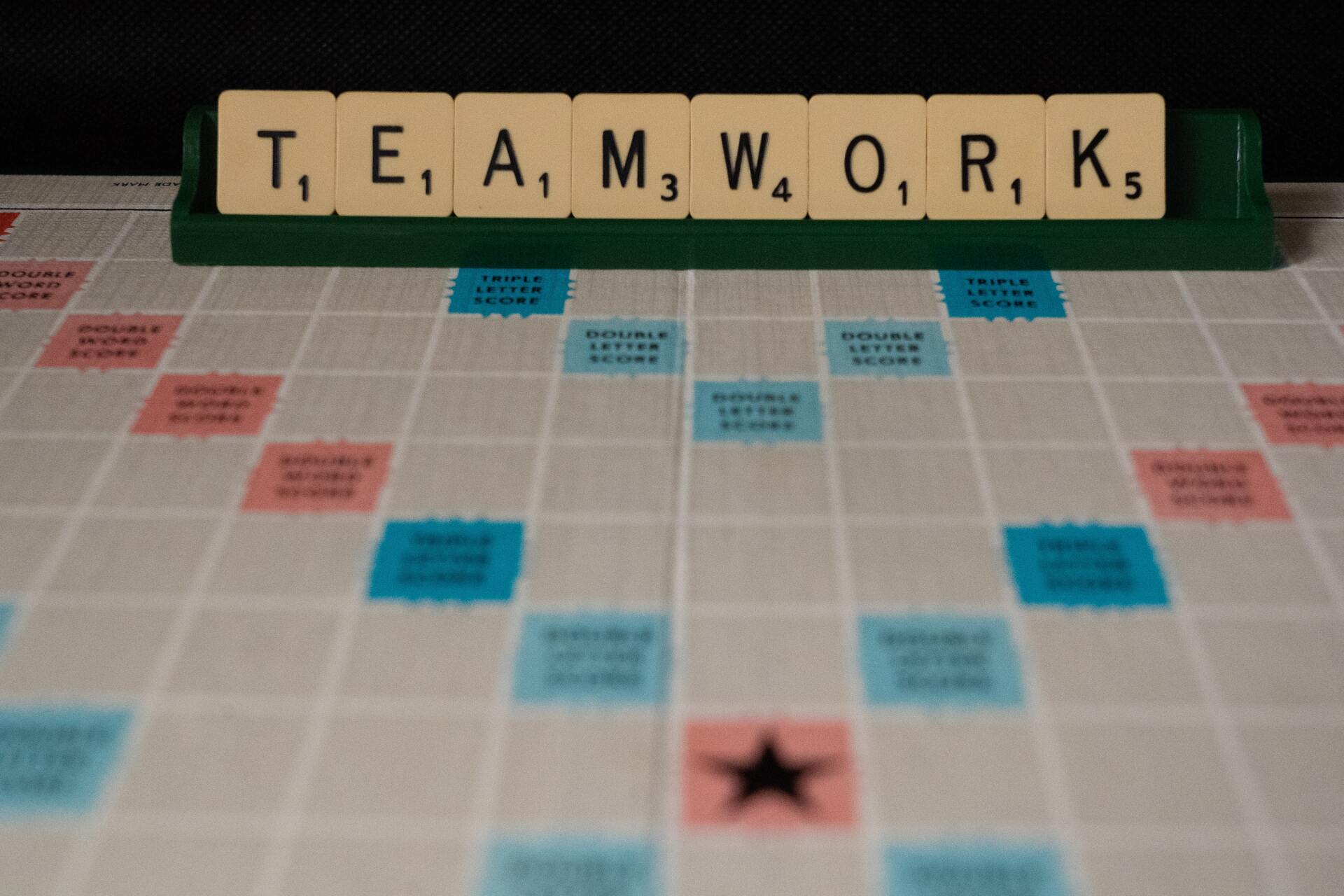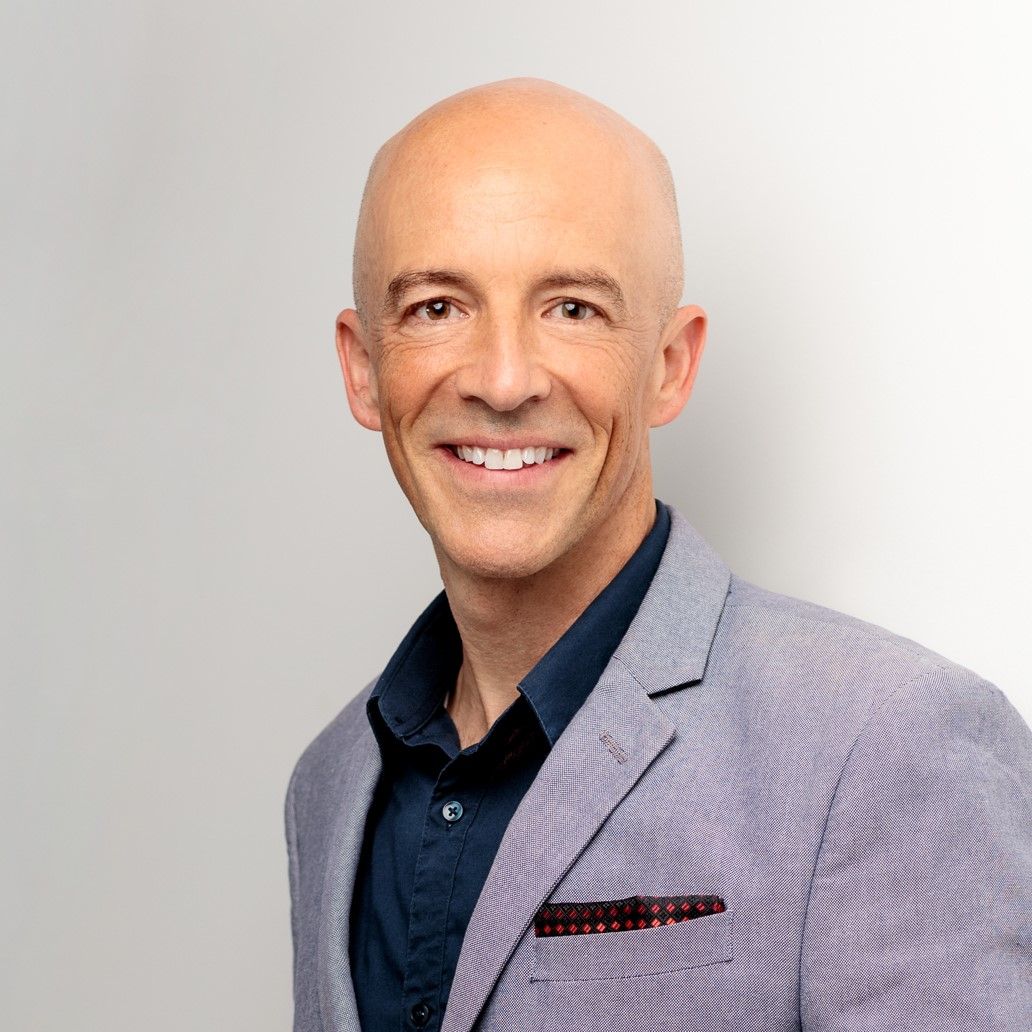Do these five things to set yourself up for a successful journey in therapy.
So you finally decided to seek therapy. You’ve taken the first step. The next step is setting yourself up for success. As a therapist, here's what I think are five important things you can do to make the most of your counseling experience.
Watch the Video
1. The Investment in Therapy
Like any important investment, there can be hesitation regarding spending money. It's natural to focus on cost. It's also important to consider the cost of not seeking counseling. What's the cost for you, for your health, for your relationships? While you might be able to figure things out on your own, why not bring in an expert to help you, and accelerate the process?
Having spent money on my own therapy, I can say that it was well worth it. At the time though, I was hesitant to make the investment. My hesitation subsided when I found the right therapist.
It turns out that the main factor for successful therapy is the counselor-client match. In fact,
studies cite the therapeutic relationship as a major predictor for positive outcomes in counseling.
So how much should you expect to pay for counseling? It depends if you choose to go the private pay route, or use insurance. Depending on your area, private pay rates will vary. Insurance is less expensive, but limits you to a smaller group of therapists.
Remember that the most important thing is counselor-client match. If things are clicking with your therapist, you are more likely to get results. Moreover, with a good match, you may end up saving money by making progress more quickly, thereby paying for fewer sessions.
For folks on a budget, there are other options like free community clinics, and some interesting new innovations such as
Open Path Collective. However you choose to find your therapist, focus on match over price.
For more on using insurance for therapy, check on my blog post
The Pros and Cons of Insurance vs Private Pay for Psychotherapy
2. Choose Your Therapist Wisely
So how do you find the right therapist for you? It's natural to want to get some relief as quickly as possible. But if you can, spend some time interviewing therapists before you schedule your first session.
First though, research some of the popular counseling modalities such as
cognitive behavioral therapy, psychodynamic, etc. and see which ones resonate with you. Don't get stuck on the style of therapy though. Again, it's the counselor-client match that matters most.
Also, decide what you want to achieve in counseling. Do you have only a few specific things you want to solve quickly, or do want to some deeper, long-term work?
When it comes time to start interviewing potential therapists, come up with a list of questions you want to ask. Don't be afraid to ask the tough questions.
Take the time to find a therapist that feels right for you. If you find yourself paralyzed with indecision, remember you can always change therapists. Typically, a positive therapeutic alliance is established between 1-3 sessions, so you should know pretty quickly if you have found a good fit.
3. Make Therapy a Priority
Once you've chosen a therapist, commit to the process. This means being honest with yourself about what might derail your commitment. Counseling is not just one hour per week, it's taking time before and after sessions to reflect, and doing some homework between sessions.
Once you and your therapist have a regular time slot, stick to it. It might be tempting to cancel a session if a friend is in town, or if something else comes up. Try not to do this, as the gains you've made in counseling can start to slip.
It's common for people to drop out of therapy too early because they’re "feeling better." Be careful of this. Temporary elation does not necessarily equate to sustained progress. Often you have to work through tough issues and feel worse before you feel better in the long-term.
4. Have Measurable Goals in Therapy
As a therapist, one of the biggest mistakes I see clients make is not having goals. They don't have to be set in stone, but you should have some basic, measurable outcomes you want to achieve.
Your therapist may or may not want to set goals with you, but it's important that you come to counseling with your own goals in mind.
Your goals should not be stated in all-or-nothing language. "Getting rid of anxiety" is not possible, but "feeling 50% less anxious six out of seven days" is a realistic goal to start with. Once achieved, new goals can always be set.
5. Create a Collaborative Experience
You and your therapist are a team. Gone are the days of the all-knowing analyst who is not questioned. A therapist’s guidance may feel off at times, so it's your job to give feedback.
Counseling typically reaches plateaus of progress. These are great times to check in with your therapist to see how things are going.
As a therapist, I've heard stories of therapy going on for years without any assessment of progress. Don't let this happen. Speak up if you are wondering how you are progressing.
That brings us to termination. It can be hard to end the counseling journey, especially if the alliance is strong. But in the end, it's a professional relationship, not a personal one. The goal of counseling is empowerment, not dependency.
How do you know when it's time to end therapy? Have you met your goals? Have you made gains and created a sustainable new baseline? If the answers to these questions are yes, it might be time to bid adieu to your counselor.
Some clients continue counseling even after they have reached their goals. But this is after a frank discussion with their therapist, to determine if this is beneficial. Some people see their therapist once a month, or every couple of months, for regular "tune ups." This is fine if the client and counselor both understand the purpose for meeting.
In Conclusion
Counseling is an investment in yourself. It takes effort and commitment. Finding a good match in a counselor can take time. If you're persistent, you'll find someone who can be an effective guide on your journey of growth and self empowerment.
Take counseling seriously. Write down your goals, don't skip sessions, and have the courage to communicate with your therapist about your progress. Good luck!






